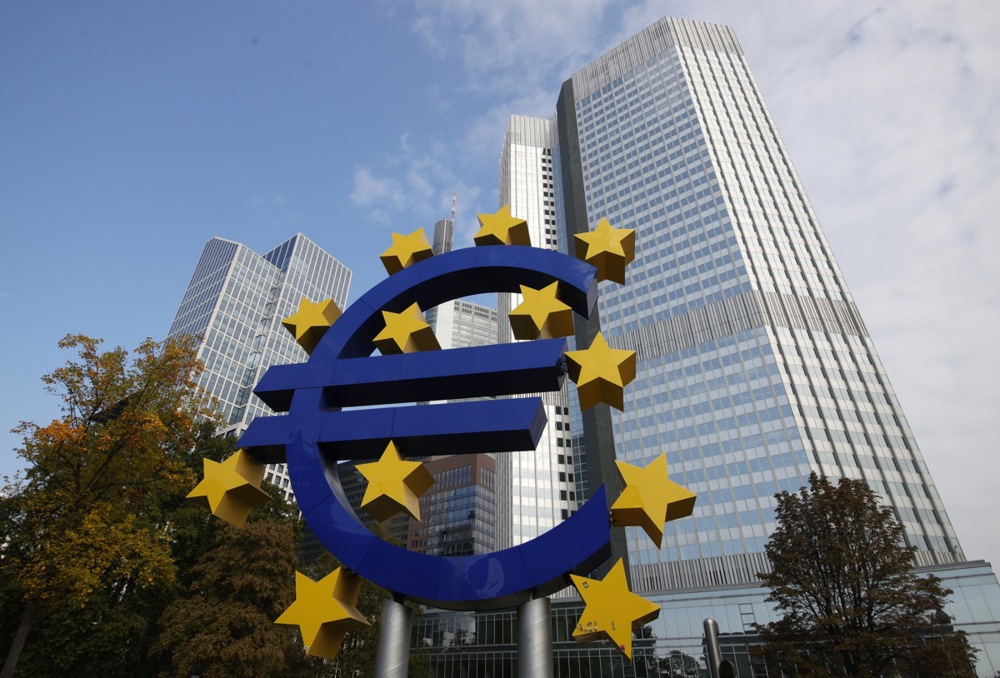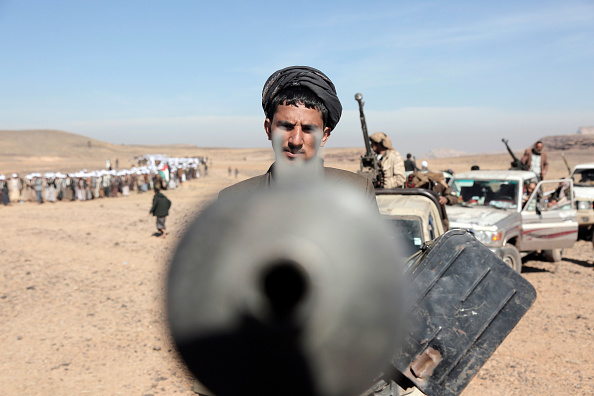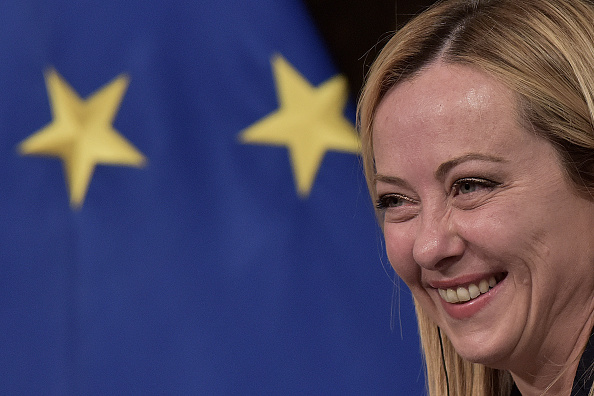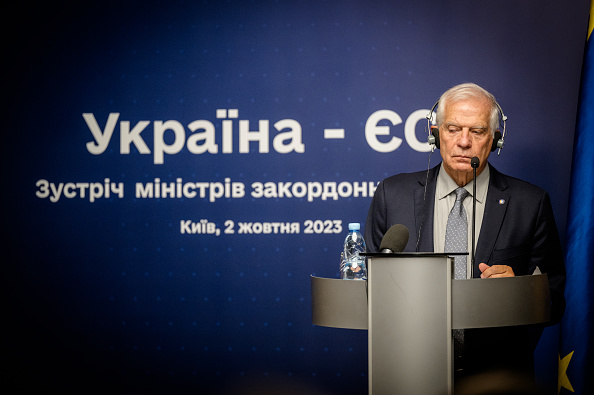Several countries are competing to house the European Union’s newly formed anti-money laundering authority (AMLA).
The Council of the EU and European Parliament agreed in December to create the financial crime watchdog and it needs somewhere to call home. For the five hopeful countries getting the most attention, it has quickly become a bidding war.
The “front-runners are obviously the big players, namely Paris and Frankfurt, followed by Madrid and Rome,” Max Bernt, a lawyer and a lecturer at the University of Vienna, told Brussels Signal.
Dublin is fifth, despite the fact that its bid pledges an €80 million-spend to France’s €15 million. On January 25, Ireland’s finance minister Michael McGrath set out a proposal that includes covering the new premises’ rent and costs for nine years.
AMLA, first proposed by the European Commission in 2021, will be tasked with co-ordinating Member States’ anti-money laundering bodies and helping governments’ financial intelligence units better analyse suspected illicit flows of money.
Candidate countries hope that landing the right to host the headquarters will provide a financial-sector boost.
Brussels has so far relied on national regulators to stop money laundering and terrorist financing worth billions of euros. The new authority will directly inspect around 200 EU companies, primarily banks and financial service providers, according to amlintelligence.com.
Dublin “has gained momentum”, said Bernt, particularly after the cryptocurrency trading firm Coinbase chose the Irish capital and not Paris as its EU regulatory and operational hub.
Coinbase cited Ireland’s “respected regulators” and “stable political environment” in its October announcement.
Bernt did point out that Ireland’s capital still had a “clear disadvantage being placed quite far off from where the ‘magic happens’ in the EU”.
Some 400 staff will need to relocate to AMLA’s new headquarters – and Dublin’s relative lack of affordable housing is also a potential stumbling block.
The Irish capital’s chances are further hampered by its expensive property market, high living costs and EU rulings over its close tax relationship with US technology giant Apple.
In addition, when Ireland announced its bid in November, an EU court ruled at the same time that Dublin had a case to answer over charges authorities there had allegedly given Apple “special tax treatment”.
Against Dublin’s bid, French finance minister Bruno Le Maire has argued Paris already is home to the European Banking Authority, the European Securities and Markets Authority. Alongside that, the global money-laundering watchdog, the Financial Action Task Force, is based at the Paris headquarters of the OECD.
The French capital, after Brexit, is also home to the EU’s largest banking sector in terms of assets.
German Finance Minister Christian Lindner is to represent Frankfurt at the hearing, according to his ministry.
“We are confident that we are well in the running,” it said on January 26.
Lindner argued that Frankfurt’s status as a banking centre and “neighbour” to the European Central Bank would facilitate cooperation between banking and money laundering supervisors.
Elsewhere, Madrid has offered the Torre de Cristal, its largest skyscraper, rent-free and points to Spain’s “lifestyle” and relatively lower costs of living.
Italy argues it could bring to the task its “successes in fighting financial crime in combating the mafia” – although critics have argued Rome is in a “chaotic state”. To most, the Government faces a stiff job in convincing the decision-makers that setting up a new agency there would not waste money.
Before the 2022 Russian invasion of Ukraine, most observers expected a Baltic country would land the AMLA headquarters.
Now though, with Latvia and Lithuania neighbouring an increasingly restive nation, “it is hard to get good personnel to move there” Bernt said.
Vienna is a “dark-horse” candidate but, with elections this year, Austria’s Government has “been rather quiet and its chances have decreased”, he added.
The final selection will be made at the hearing on January 30 in Brussels, with 27 Member States representing the Council of the European Union, and 27 MEPs – one per Member State – to represent the Parliament.
The Parliament could “really be decisive if it were to settle its pick before the [EU] Council and then all 27 MEPs stick to that,” Bernt suggested.
The Council has already agreed to vote “as one”, which may well require several prior rounds of internal voting to see what city is chosen by majority.
Whatever happens, getting a final verdict on what lucky winner will host the AMLA, due to be announced on February 22, is likely to prove no easy task.
“If all MEPs vote en bloc for a different city, we have a problem,” Bert pointed out.
“Only bureaucrats can come up with an idea like this.”





